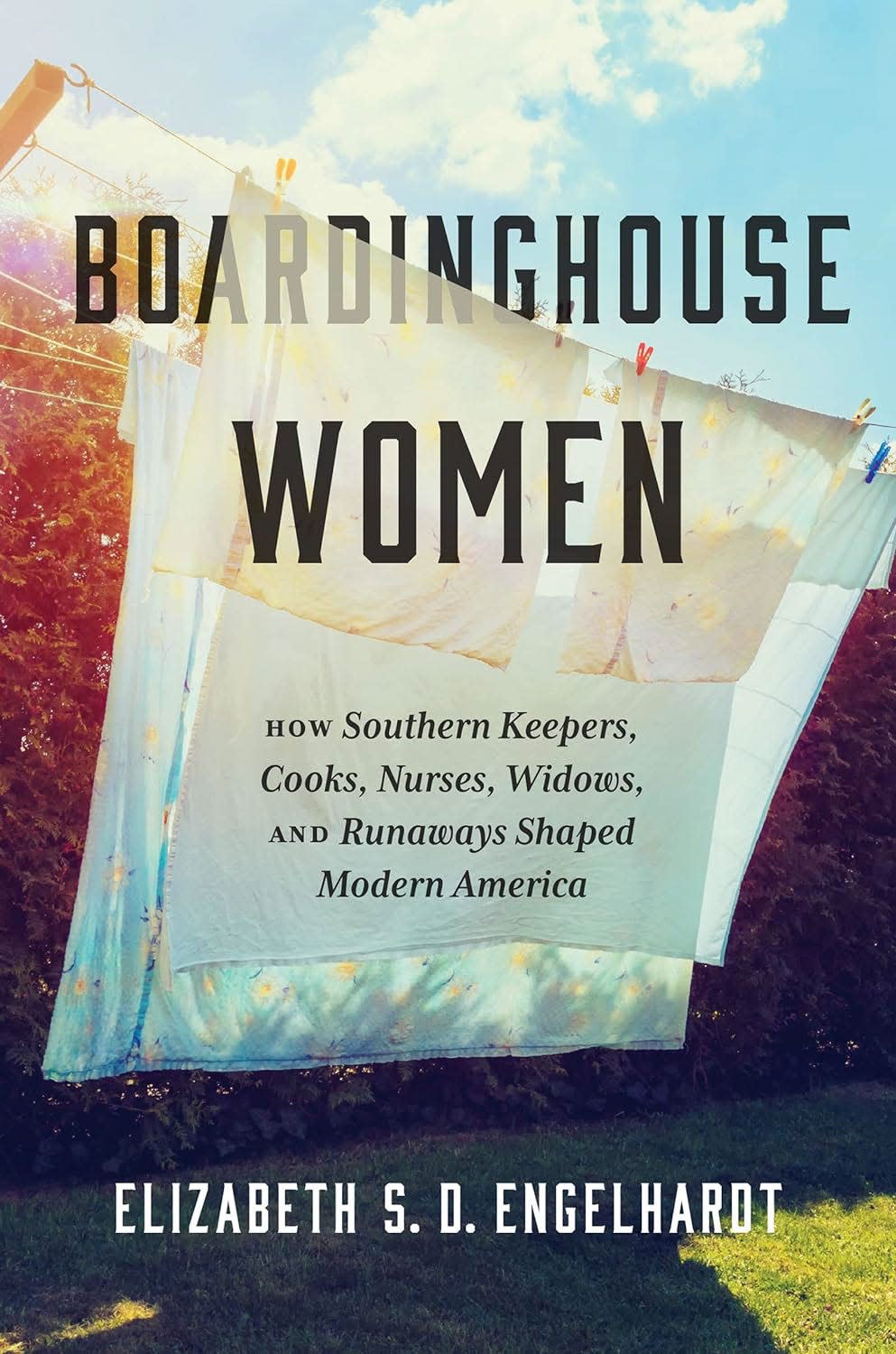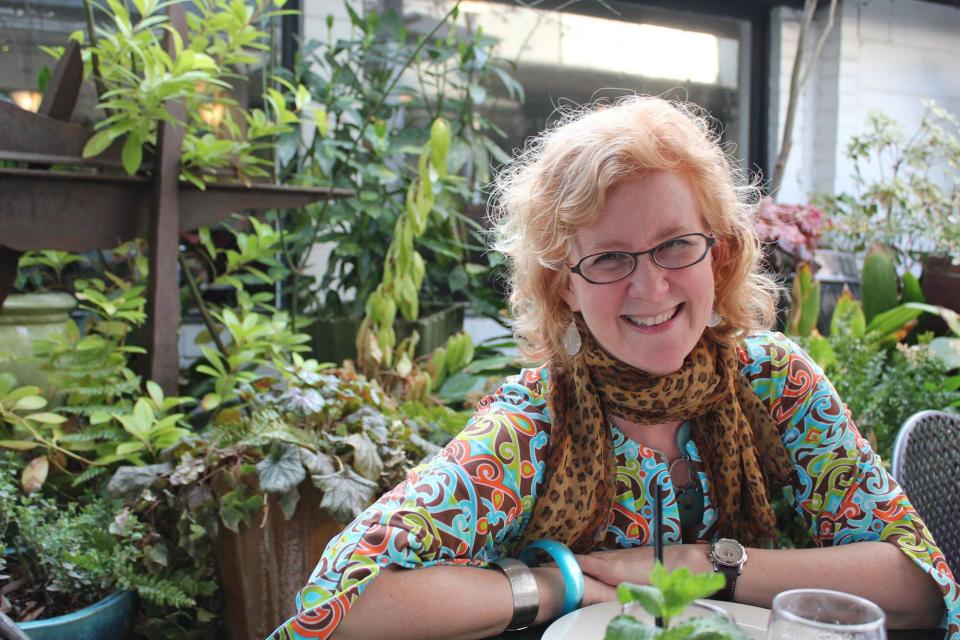Southern boarding houses, including in Wilmington, shaped modern America, new book argues

- Oops!Something went wrong.Please try again later.
- Oops!Something went wrong.Please try again later.
Once upon a time, boys and girls, before Airbnb and Virbo, there was something known as a boarding house.
People, usually women, rented out rooms in their houses, generally to single men and women. The deal was for room and board. Tenants often ate together at a family-style table — hence the phrase "boarding house reach" — although some houses served cafe-style at separate small tables.
Boarding house operators sometimes advertised in the local paper, but references were often by word of mouth.
Boarding houses dated from colonial times; congressmen generally roomed together in houses in Washington. In the North, however, apartments and hotels generally supplanted boarding houses around 1900.
In the South they persisted much longer, writes Elizabeth S.D. Engelhardt in her new book, "Boardinghouse Women: How Southern Keepers, Cooks, Nurses, Widows and Runaways Helped Shape Modern America."

There were several reasons: Communities tended to be more rural and farther apart. Jim Crow laws blocked Blacks from most hotels, so boarding houses provided an alternative. Jews also faced discrimination, so North Carolina saw a wave of Jewish boarding houses in resort communities like Asheville or Hendersonville, which became known as "the Catskills of the South."
To tell her story, Engelhardt follows the diaries and records of a number of notable boarding house operators. Julia Wolfe, mother of novelist Thomas Wolfe, ran the "Old Kentucky Home" boarding house in Asheville for decades. (It appears as "Dixieland" in Wolfe's novel "Look Homeward, Angel.").
Engelhardt, a Kenan professor of American studies at the University of North Carolina at Chapel Hill, is a food specialist, and she argues that boarding houses shaped Southern cuisine.
Mary Randolph opened a boarding house in Richmond in 1809 after her husband lost his political job. Her establishment, The Queen, became famed for fine dining, and Randolph wrote "The Virginia Housewife," one of the first important Southern cookbooks.
Malinda Russell, a free Black woman, operated a boarding house for years in Cold Spring, Tennessee. She wrote America's first cookbook by an African-American.
Craig Claiborne, the New York Times food critic, grew up in his mother's boarding house in the Mississippi Delta during the Great Depression and apparently learned many of his recipes there.
One of Englehardt's boarding house operators, Alice Lee Larkins, operated a boarding house in Wilmington after the Civil War. It was one of the few occupations open to "respectable ladies" in reduced circumstances, and Larkins had been left largely destitute by the deaths of her father and husband. Larkins left a revealing diary, which Englehardt probes for the problems of maintaining respectability while housing many unattached men. After a few years, Larkins remarried and lived comfortably ever after.
Boarding houses often accommodated social outsiders. Engelhardt's prime example is Jackie "Moms" Mabley, who spent her early years in a family boarding house in Brevard, N.C. The actress and comedian spent her career in a series of boarding houses, generally segregated, catering to show business performers. One of her earliest Hollywood productions was a short called "Boarding House Blues."
A relatively slim volume, "Boardinghouse Women" is thick with historical details, re-creating a lost world. One, Englehardt argues, that may return as increasing numbers of Americans require assisted living.
Book review
'BOARDINGHOUSE WOMEN'
By Elizabeth S.D. Engelhardt
Chapel Hill: University of North Carolina Press, $27.95 paperback
This article originally appeared on Wilmington StarNews: History book 'Boardinghouse Women' by Elizabeth S.D. Engelhardt

